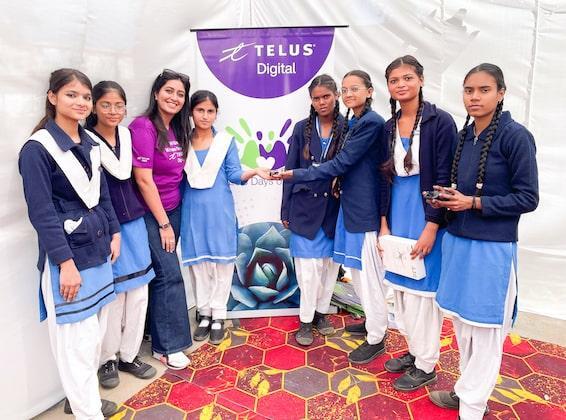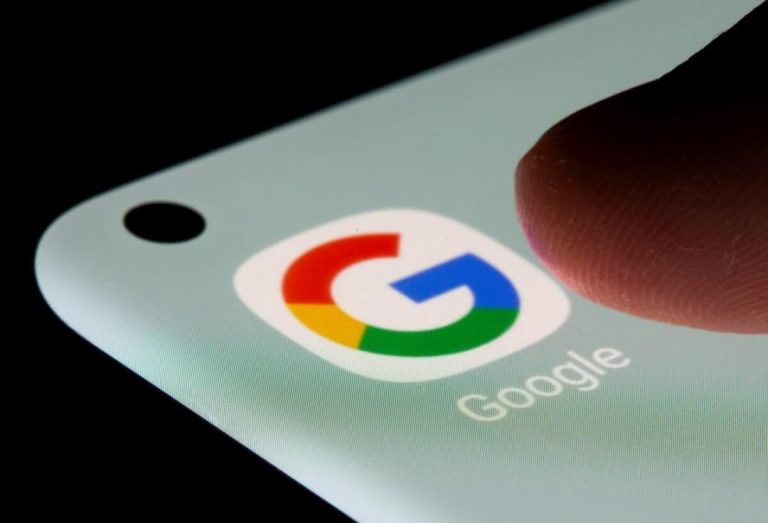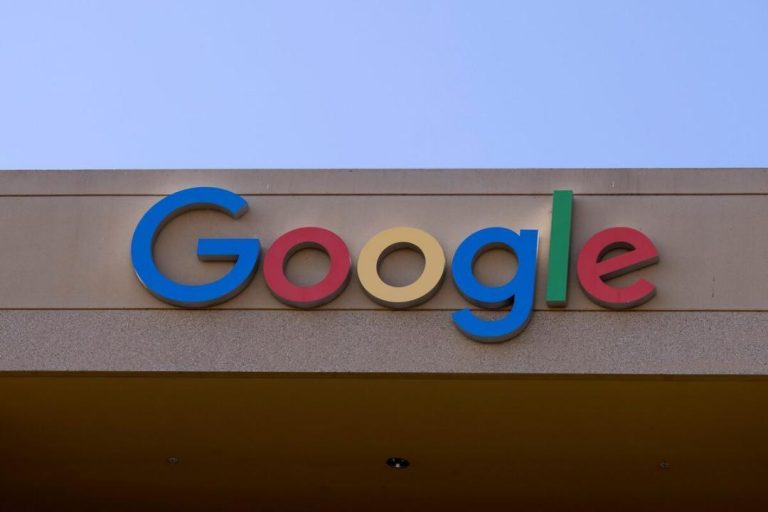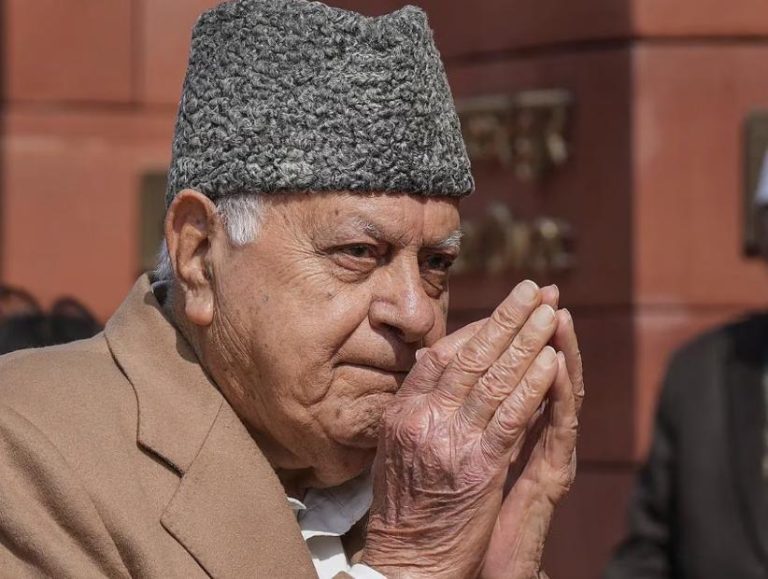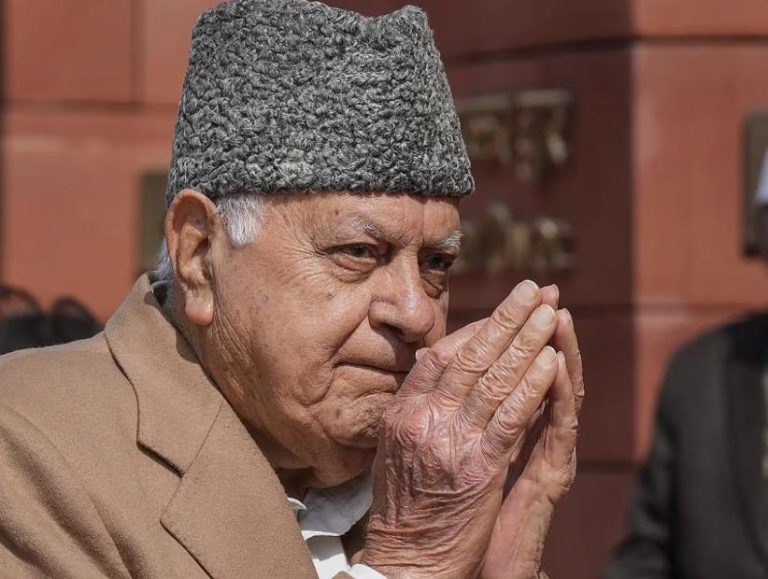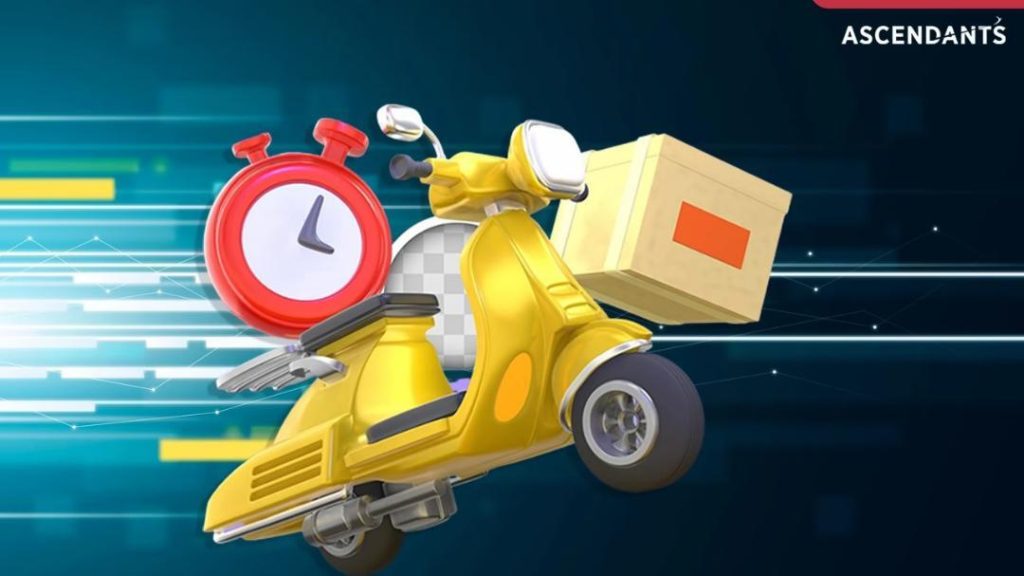
India’s New Obsessions: Quick Commerce & Short Drama Apps
The digital landscape in India is witnessing a significant transformation, with quick commerce and short drama apps becoming the new obsessions among urban Indians. The latest statistics reveal that quick commerce in India has crossed a whopping ₹7,500 crore in FY24, with a staggering 68% of metro users ordering at least twice a week. On the other hand, short drama apps have seen an impressive growth, with 300 million users in 2025, a 40% increase from 2023. Additionally, ad revenues for these apps have reached ₹2,000 crore in 2024. As delivery platforms and content apps continue to innovate, speed and personalization are redefining urban India’s digital habits.
Quick Commerce: The Rise of Instant Deliveries
Quick commerce, also known as instant delivery or same-day delivery, has become a game-changer in India’s e-commerce landscape. With the rise of platforms like Zomato, Swiggy, and Dunzo, consumers can now get their favorite food items and essentials delivered to their doorstep within minutes. This convenience has led to a significant increase in demand, with 68% of metro users ordering at least twice a week.
The success of quick commerce can be attributed to several factors. Firstly, it has addressed the growing need for convenience and speed in urban India. With increasing traffic and pollution, people are looking for ways to save time and energy. Quick commerce has become a convenient solution, allowing consumers to get what they need without having to leave their homes.
Secondly, the rise of digital payments has made it easier for consumers to order and pay for their items online. This has reduced the need for cash transactions, making the entire process more efficient and convenient.
Lastly, the growth of quick commerce has also led to the emergence of new business opportunities. With the rise of delivery-only restaurants, entrepreneurs are now able to start their own businesses without having to worry about maintaining a physical storefront.
Short Drama Apps: The New Wave of Entertainment
Short drama apps have taken the entertainment industry by storm, with 300 million users in 2025. These apps, which offer bite-sized content ranging from 3-15 minutes, have become a favorite among urban Indians who have limited time to watch full-length movies or TV shows.
The success of short drama apps can be attributed to several factors. Firstly, they have addressed the growing need for short-form content in an era where attention spans are decreasing. People want to consume content quickly and easily, without having to commit to long hours of viewing.
Secondly, short drama apps have also become a popular platform for new and emerging talent. With the rise of digital content, creators are now able to showcase their work and reach a wider audience. This has led to a surge in new and innovative content, catering to diverse tastes and preferences.
Lastly, the growth of short drama apps has also led to the rise of new business opportunities. With the increasing demand for short-form content, production companies are now able to create and distribute content more efficiently and cost-effectively.
Speed and Personalization: The Future of Digital Habits
As quick commerce and short drama apps continue to innovate, speed and personalization are redefining urban India’s digital habits. With the increasing demand for instant deliveries and short-form content, consumers are looking for ways to save time and get what they want quickly and easily.
Speed, in particular, has become a key factor in determining the success of these platforms. With the rise of instant delivery and same-day delivery, consumers are now expecting fast and efficient services. This has led to a surge in innovation, with companies like Zomato and Swiggy investing heavily in technology and logistics to ensure faster delivery times.
Personalization is another key factor in shaping the future of digital habits. With the rise of data analytics and AI-powered algorithms, companies are now able to offer personalized services and content to consumers. This has led to a surge in engagement and loyalty, with consumers preferring platforms that offer tailored experiences.
Conclusion
Quick commerce and short drama apps have become the new obsessions among urban Indians, catering to the growing need for convenience, speed, and personalization. With the increasing demand for instant deliveries and short-form content, companies are now investing heavily in technology and innovation to ensure faster and more efficient services.
As the digital landscape continues to evolve, it will be interesting to see how these platforms adapt to changing consumer habits and preferences. One thing is certain, however – the future of digital habits in India is looking bright, with quick commerce and short drama apps leading the charge.
